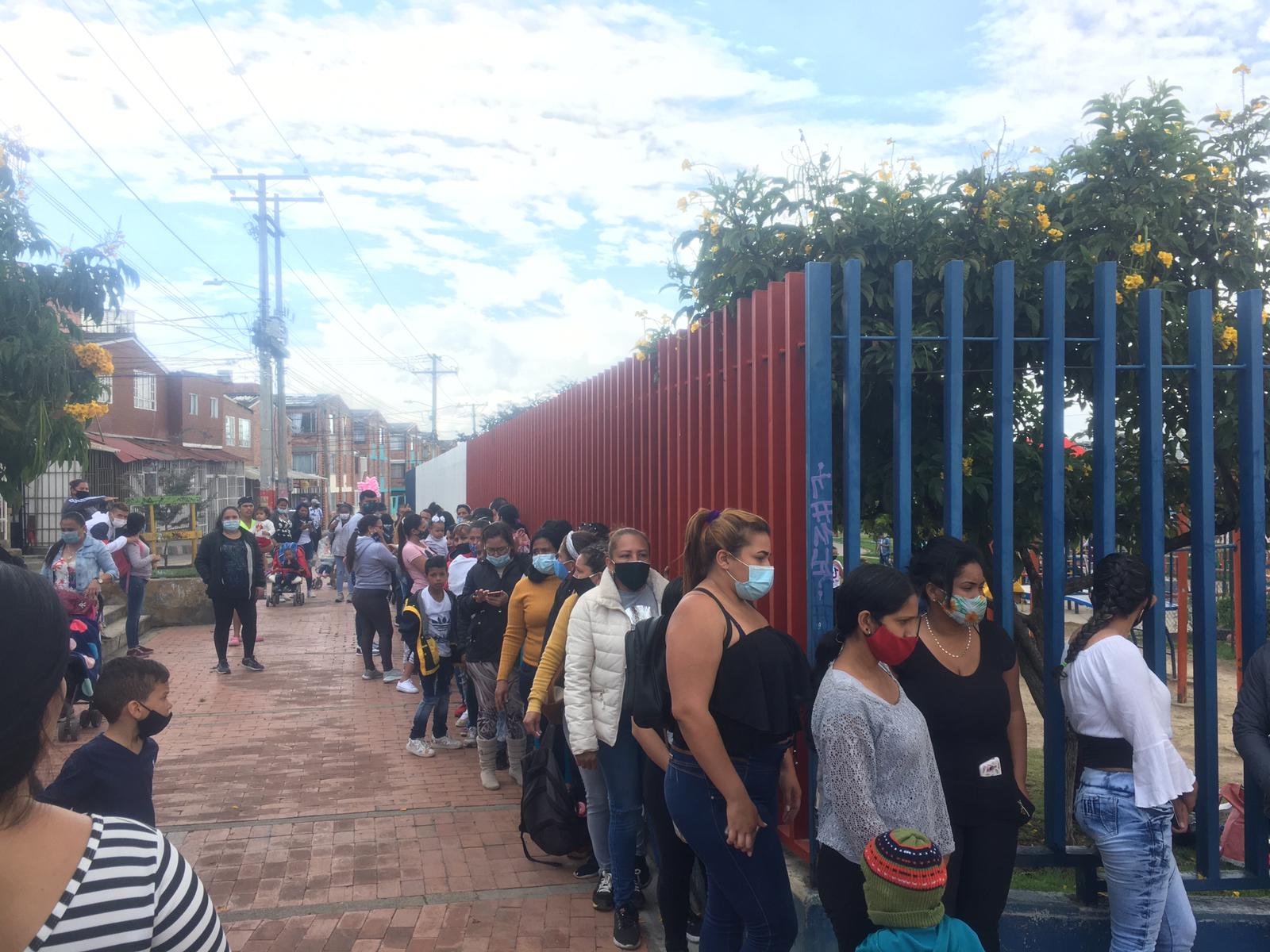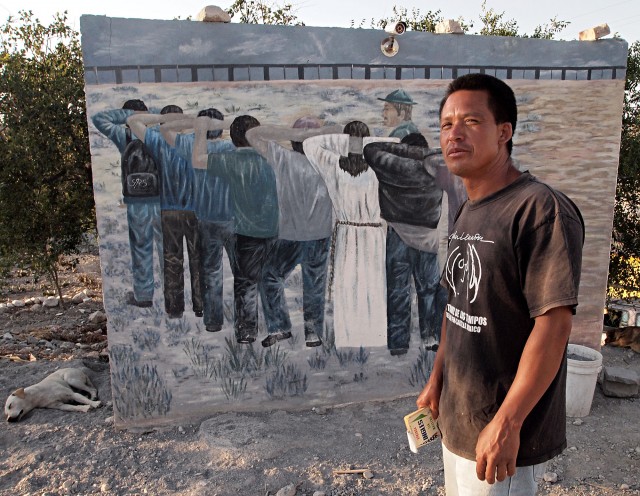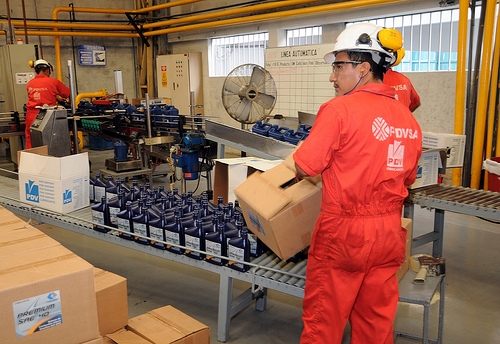
Dispatches, Southern Cone, Uruguay
Uruguay’s Growing Economy Stimulates Reverse Migration
May 25, 2011 By Mariana Bueno
MONTEVIDEO — It was the worst economic crisis in the history of Uruguay when Martín González and Gustavo López decided to emigrate overseas to find work. Nine years later, they are back to give Uruguay a second chance.
“I’m as excited as I was when I left Uruguay, only that this time I’m confident that it’s worth it to be back home,” López said.
Like many of their compatriots, López emigrated the United States, where he had a cousin, while González and his longtime girlfriend chose to go to Spain. Although López and González went to two different continents, both had the same goal of finding better opportunities.
Historically, Uruguay has been a revolving door of immigration and emigration, depending on the socioeconomic stability of the country. Uruguay´s population boomed from 1860 to 1920 when European immigrants started arriving in waves looking for a prosperous life. However, in 1960s the Uruguayan economy started showing signs of deterioration, unleashing a slow flow of emigration that has continued until today.
Uruguay’s first peak of emigration was during the 1973-1985 dictatorship where thousands of people fled the country. Yet the highest point started in 2002 when a financial crisis hit Uruguay, at a time when the country had an unemployment rate of 20 per cent.
An estimated 140,000 Uruguayans left the country from 2000 to 2008, emigrating mainly to Spain and The United States, according to Adela Pellegrino, a Director of Population Research Program at the Faculty of Social Science in Uruguay.
Uruguayan immigrants who chose Spain encountered softer immigration policies than in the United States. Spain’s less stringent policies owed to high labor demands in the country’s construction and hospitality fields.
Alternatively, Uruguayans who left for the United States found less hospitable policies. The U.S. revoked Uruguay from the Visa Waiver Program after September 11, 2001 when it noticed an increased number of Uruguayans working without a permit or overstaying their 90-day limitation.





